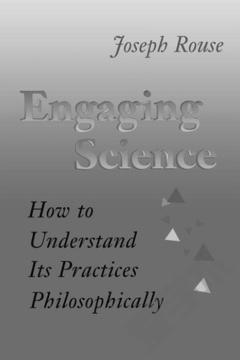How the Cold War Transformed Philosophy of Science: To the Icy Slopes of Logic
1. An introduction to logical empiricism and the Unity of Science Movement in the Cold War 2. Otto Neurath, Rudolf Carnap, Charles Morris and Philipp Frank: political philosophers of science 3. Leftist philosophy of science in America and the reception of logical empiricism in New York City 4. 'Doomed in advance to defeat'? John Dewey on reductionism, values and the International Encyclopedia of Unified Science 5. Red philosophy of science: Blumberg, Malisoff, Somerville and early philosophy of science 6. The view from the left: logical empiricism and radical philosophers 7. The view from the far left: logical empiricism and communist philosophers 8. Postwar disillusionment, anti-intellectualism, and the values debate 9. Horace Kallen's attack on the unity of science 10. Creeping totalitarianism, creeping scholasticism: Neurath, Frank, and the trouble with semantics 11. Frank's neurathian crusade: science, enlightenment, and values 12. 'A very fertile field for investigation': anticollectivism and anticommunism in popular and academic culture 13. Anticommunism investigations, loyalty oaths, and the wrath of Sidney Hook 14. Competing programs for postwar philosophy of science 15. Freedom celebrated: the professional decline of Philipp Frank and the Unity of Science Movement 16. The marginalization of Charles Morris 17. Values, axioms and the icy slopes of logic 18. Professionalism, power and what might have been.
{{comment.content}}








 京公网安备 11010802027623号
京公网安备 11010802027623号